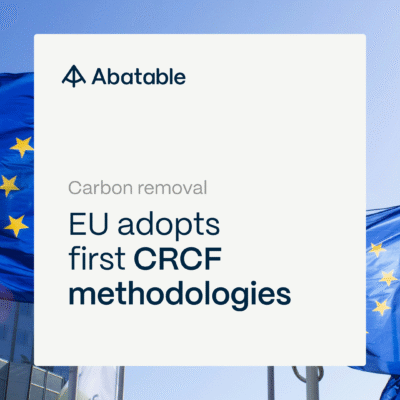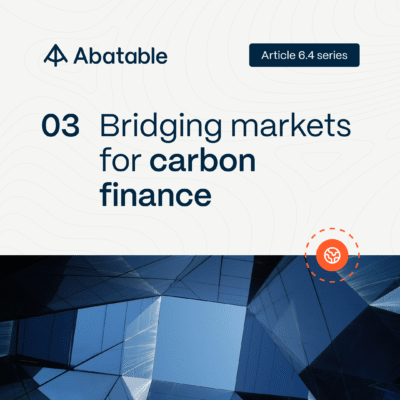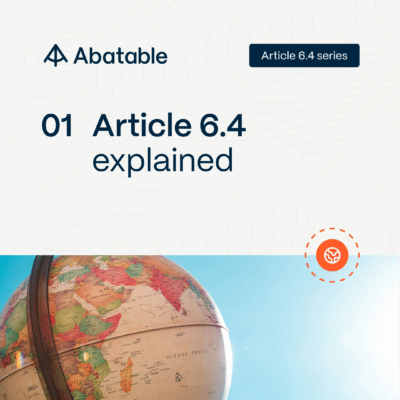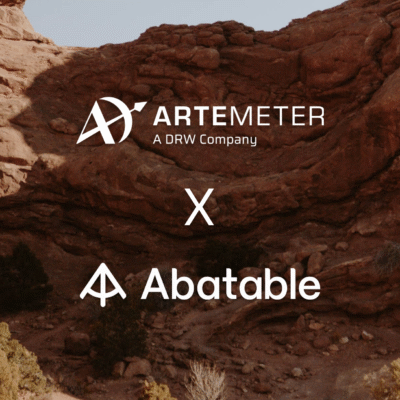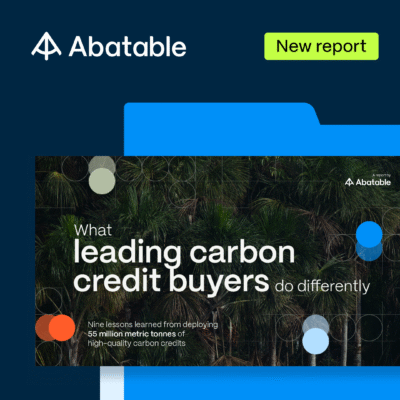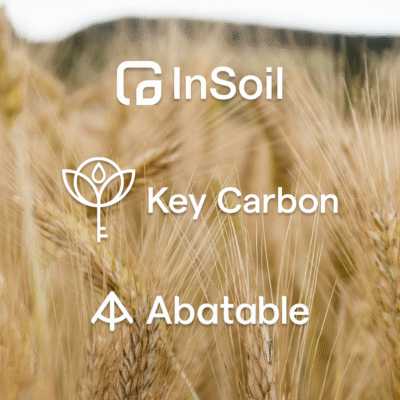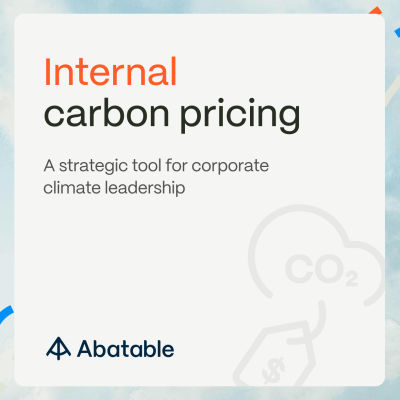In a landmark decision, the European Parliament has voted overwhelmingly in favour of new rules aimed at improving the sustainability of products and combating greenwashing. One of the key aspects of the new directive is the ban on environmental claims based solely on carbon offsetting, such as “CO2 neutral” or “carbon neutral”. This blog delves into the details of this vote and what it means for companies.
Extract from the directive: “In cases where it cannot be substantiated by scientific evidence, it is particularly important to prohibit claims suggesting, based on carbon offsetting, that a product or service has a neutral, reduced, compensated or positive carbon emissions’ impact on the environment”.
It is important to highlight that with the directive being focused on consumers, the new rules explicitly apply to “products or services” and not companies.
For example, the French company Carte Noire, who manufactures and sells coffee products, has recently come under a lot of scrutiny for claiming that their products had “Zero CO2 impact” through their offsetting initiatives. Under the new EU rules, this type of claim becomes unlawful. The same applies to “carbon neutral flights” or “carbon neutral fuels” for example.
The directive nevertheless has limited implications for corporate-level claims as long as they are substantiated by clear and objective evidence (e.g. independent auditing, allocation of sufficient budget and resources) of following the mitigation hierarchy through credible science-based targets.
Extract from the directive: “This should not prevent companies from advertising their investments in environmental initiatives as long as such advertising does not claim that such investments or initiatives compensate, neutralise, or render positive the impact of the product or the impact of the trader’s business on the environment.”
The new rules do not suggest that companies should stop investing in environmental initiatives such as carbon projects. Given the current emissions gap of 12-20 GtCO2e per year from now through to 2030 not tackled by current policies, we must continue supporting solutions that contribute to closing the gap.
At Abatable, we see this directive as contributing to the ongoing shift from a tonne-for-tonne (i.e. carbon neutrality) approach to more innovative ways to think about carbon credits such as climate contributions and long-term investments.
What’s next?
To become law, the European Parliament, the European Commission, and the Council of the European Union must now negotiate the final text. This is expected to happen in the next few months. To read the full text voted on by the European Parliament, click here.
The European Union may not be the only jurisdiction looking to ban these types of claims. Just a couple of days after the European Parliament’s vote, it was reported that the UK’s advertising watchdog is considering a similar ban.
While the focus of this directive is against low-integrity claims leveraging offsets, the EU remains generally favourable to developing an enabling policy environment for new carbon offset projects focused on carbon sequestration/ removal. We will continue to closely follow the developments of the EU Carbon Removal Certification Framework.
At Abatable, we see this vote as a positive development. Due to cost containment pressures, consumer products with a tonne-for-tonne approach have generally been a demand driver for cheaper and low-quality carbon offsets. We see this news as a step in the right direction in building a high-integrity voluntary carbon market in which corporates make credible claims and support high-quality projects.
To learn more about how Abatable can help you with your climate strategy and purchasing high-quality carbon offsets, contact us here.

